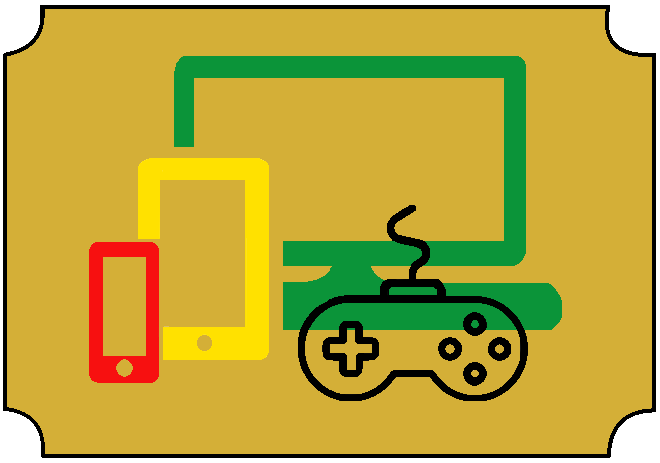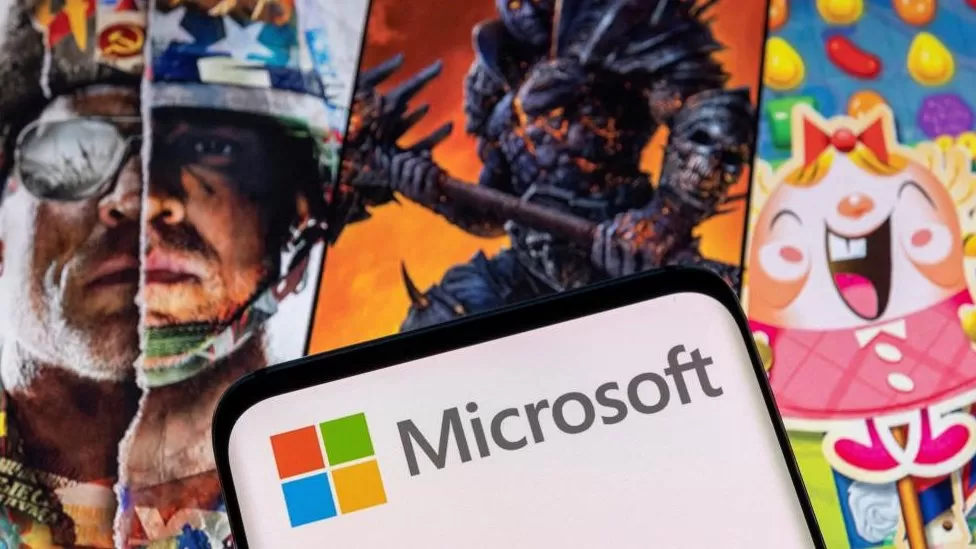All my opinions are italicized and sources are in blue.
Gigabyte could also fry your CPU
ASUS motherboards have been supplying too much voltage to some Ryzen 7000X3D chips. ASUS later tried to fix the issue with some BIOS updates, but GamersNexus found that the update didn’t do anything. Now, a new report has emerged based on testing by Hardware Busters who have found out that ASUS isn’t the only one who has misled customers. In testing done by the tech outlet using the Gigabyte AORUS Master X670E motherboard, it was seen that with EXPO enabled, the board sipped more than 1.3V. Gigabyte states on its support page that the voltage would not exceed 1.3 Volts. While going slightly over 1.3 Volts would most likely not damage your CPU, Ryzen X3D chips are more susceptible to the change and it might be damaged.
Activision acquisition approved by EU
Despite the merger being blocked by the UK’s Competition and Markets Authority (CMA), the EU approves the acquisition. The European Commission (EC) has approved the acquisition, saying that Microsoft’s offer of 10 year free licensing deals – which promise European consumers and cloud game streaming services access to Activision’s PC and console games – would mean there would be fair competition in the market. It said an in-depth market investigation indicated that Microsoft “would not be able to harm rival consoles and rival multi-game subscription services”.
Pixels are overheating
Electronics and heat do not pair well. Recently, that was the case with the Google app running in the background and generating excessive heat on many phones, but mostly the Pixel 6, 6 Pro, and 7. Instead of letting the issue fester, Google has now rolled out an update which should fix the issue for all affected users. Many people voiced their concerns about excessive battery drain and overheating devices on the GooglePixel subreddit, suspecting a recent Google app update that rolled out on May 12. The app’s battery consumption also made the phones run very hot. One user had to switch off their phone and place it in the fridge to normalize the temperature. Elevated temperatures were also recorded when placed on a wireless charger, while the phones themselves charged slower than usual.
Koroks are being tortured in ToTK
The players of the recently released Legend of Zelda: Tears of the Kingdom have been getting creative. These players have made tanks, planes, and even helicopters using the new build mechanics. While some of these players are using these weapons to kill bosses, others instead use their new abilities to torture the Koroks of the game. I am talking about sending them to space, burning them, crucifying them, and just dragging them across the floor. In some way, they deserve all of this because in the previous Zelda game, you had to find all 900 of them. What is the special prize for this achievement? The leader of the Koroks, Hestu, will give you a giant, yellow poop that can’t do anything special or even be sold for rupees. Here is a video of the torture, Spoilers, obviously.
ChatGPT launched an iOS app
ChatGPT is now a smartphone app, which could be good news for people who like to use the artificial intelligence chatbot and bad news for all the clone apps that have tried to profit off the technology. The free app became available on iPhones and iPads in the U.S. on Thursday and will later be coming to Android devices. Unlike the desktop web version, the mobile version on Apple’s iOS operating system also enables users to speak to it using their voice. The company that makes it, OpenAI, said it will remain ad-free but “syncs your history across devices”.“We’re starting our rollout in the U.S. and will expand to additional countries in the coming weeks,” said a blog post announcing the new app, which is described in the App Store as the “official app” by OpenAI. It’s been more than five months since OpenAI released ChatGPT to the public, sparking excitement and alarm at its ability to generate convincingly human-like essays, poems, form letters and conversational answers to almost any question. But the San Francisco startup never seemed to be in a hurry to get it onto phones — where most people access the internet.

